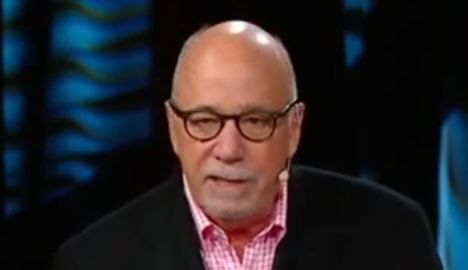The Ad Contrarian has little hope for the future as digital bedazzles marketers
Former agency owner turned industry critic, Bob Hoffman, says it is too late to turn the tide of digital obsession by marketers back to embrace advertising that truly connects, engages and entertains consumers. Hoffman, who in the 1980s forged a partnership with Australia’s Mojo agency and became CEO during its attempted US expansion, sits on the shoulder of the industry as the popular and influential Ad Contrarian – but he likes very little of what he sees.
Hoffman, who in the 1980s forged a partnership with Australia’s Mojo agency and became CEO during its attempted US expansion, sits on the shoulder of the industry as the popular and influential Ad Contrarian – but he likes very little of what he sees.
Hoffman had a role in marketing Australia to Americans, working with Qantas on the award-winning grumpy Koala ads created by Fred Manley which ran in the US in the 1970s and he had a hand in the iconic ‘I Still Call Australia Home’ ad which continues to define the airline.
In Australia this week as a guest of newly-launched marketing and communications consultancy Mad Clarity, Hoffman said creative marketers and advertisers are fighting a losing battle against data merchants, and agencies are in the fatal grip of lawyers and accountants.


For the record, I’d like to correct one inaccuracy in this story. Sadly, I had nothing to do with creating the wonderful “grumpy panda” campaign for Qantas. The campaign was created by a great American adman, Fred Manley, at the Cunningham & Walsh agency. My only connection was that I was creative director at an agency, Allen & Dorward, that inherited the campaign when it acquired Cunningham & Walsh. Allen & Dorward was subsequently acquired by Mojo.
Bob, one of our most famous Australian politicians spoke about “maintaining the rage”. My thoughts and opinions are constantly refreshed by your willingness to call bullshit on industry matters . We need more independent thinking in advertising. Thanks for providing it. Keep up the great work.
Sean Cummins
Agree totally with Sean. Unfortunately, the mind-numbing march of metrics rumbles on and the customer disengages. If you’re going to disrupt my day, at least entertain me…